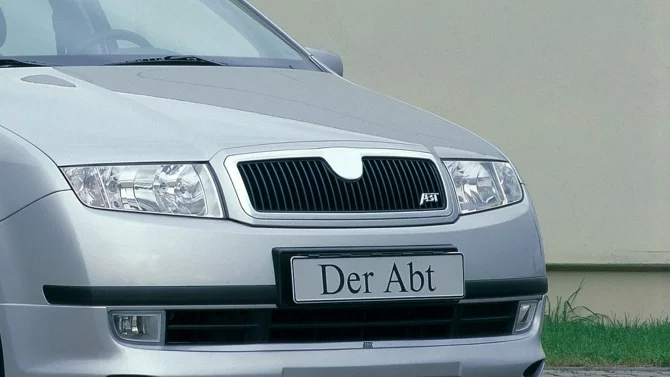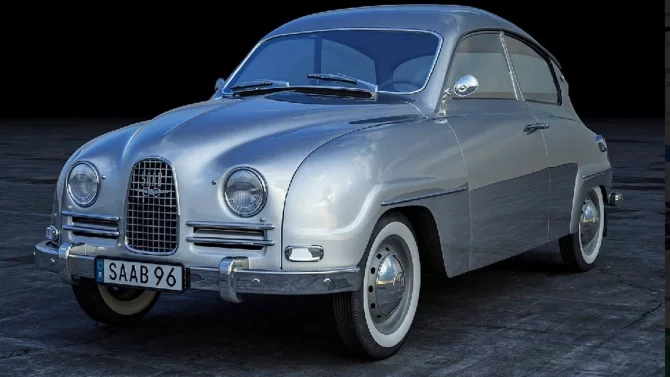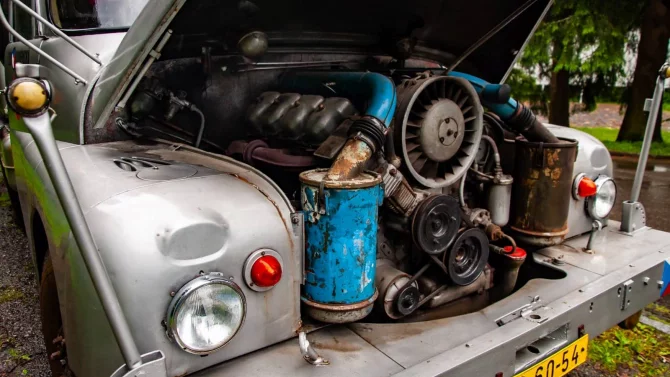...
By Ingrid Melander
BRUSSELS, June 21 (Reuters) - Don't mention the war.
That was the message many European Union leaders had for Poland on Thursday as they arrived for a summit on the division of power in the 27-nation bloc.
"The idea of basing today's decision on voting rights ... on World War Two is absurd," Danish Prime Minister Anders Fogh Rasmussen told reporters.
He was responding to remarks by Polish Prime Minister Jaroslaw Kaczynski, who said Poland deserved more voting power in the EU because its population had been decimated by Nazi Germany and would otherwise be much larger now than 38 million.
"We are only demanding one thing, that we get back what was taken from us," Kaczynski said in a radio interview this week.
"If Poland had not had to live through the years of 1939-45, Poland would be today looking at the demographics of a country of 66 million."
Hans-Gert Poettering, the German conservative who is president of the European Parliament, said he found such statements "very painful".
"Throughout Europe since 1989, there has been a great deal of goodwill shown, especially to Poland. That is why as a German, and as a European, it now hurts me very deeply to hear such comments," he told a news conference.
Poland is isolated in asking to reopen the so-called double majority system in a proposed treaty to reform EU institutions being promoted by Germany, the current EU presidency-holder.
The system requires 55 percent of member states representing 65 percent of the EU population to approve a decision. Warsaw says this gives too much power to big countries, especially Germany, largely at Warsaw's expense.
Austrian Chancellor Alfred Gusenbauer said aloud what many EU leaders fear privately. He told a German newspaper he feared Poland's ruling Kaczynski twins were determined to deny German Chancellor Angela Merkel a success at the summit.
Merkel has avoided responding to Poland's references to their tortured history.
But Luxembourg Prime Minister Jean-Claude Juncker voiced the exasperation of many when, according to one participant at a meeting of conservatives before the summit, he criticised Poland for being "obsessed" by Germany.
"Juncker said he had known three successive German chancellors and had never seen heads of government more favourable to Poland than them," Alain Lamassoure, former French minister for European Affairs, told reporters.
CALLS TO LOOK AHEAD
Berlin was the biggest supporter of Polish membership of the European Union, pressing for Warsaw to be included in the first wave of enlargement after the end of the Cold War when some Western European partners were far less enthusiastic.
The leader of the Party of European Socialists, former Danish prime minister Poul Nyrup Rasmussen, urged the Poles to look forward and not dwell on history.
"To all the Polish citizens, please think of the future and not of the past. Understand that we have more in common now than we have had ever," he told reporters.
Poland's neighbours in central Europe, some of which share its history of having been invaded by Germany and then by the Soviet Union at the end of World War Two, said they hoped to persuade the Kaczynskis to overcome their resentments.
"Poland right now is in dispute with Russia as well as Germany. That's nothing new if you know history," Czech Deputy Prime Minister Aleksandr Vondra said this week. (Additional reporting by David Brunnstrom, Jeff Mason, Axel Bugge and Yves Clarisse)
Keywords: EU TREATY/POLAND




 „Elektrická mobilita je budoucnost, o tom není pochyb. Každý, kdo tvrdí opak, poškozuje náš průmysl.“ A proto přijdou plošné evropské dotace
„Elektrická mobilita je budoucnost, o tom není pochyb. Každý, kdo tvrdí opak, poškozuje náš průmysl.“ A proto přijdou plošné evropské dotace
 Našli jsme deset absolutně neznámých automobilů současnosti. Dokážete uhodnout alespoň polovinu?
Našli jsme deset absolutně neznámých automobilů současnosti. Dokážete uhodnout alespoň polovinu?
 Dvě i čtyři doby, tři a čtyři válce: Saab 96 se stal vozem pro individualisty, a to i v Československu
Dvě i čtyři doby, tři a čtyři válce: Saab 96 se stal vozem pro individualisty, a to i v Československu
 Elektromobil jako ojetinu nikdo nechce. Velký český autobazar skončil s jejich nákupem i prodejem
Elektromobil jako ojetinu nikdo nechce. Velký český autobazar skončil s jejich nákupem i prodejem
 Youtubeři zkoušeli, jestli nastartují Tatru 138 odstavenou osmnáct let. Výsledek nikoho nepřekvapí
Youtubeři zkoušeli, jestli nastartují Tatru 138 odstavenou osmnáct let. Výsledek nikoho nepřekvapí
